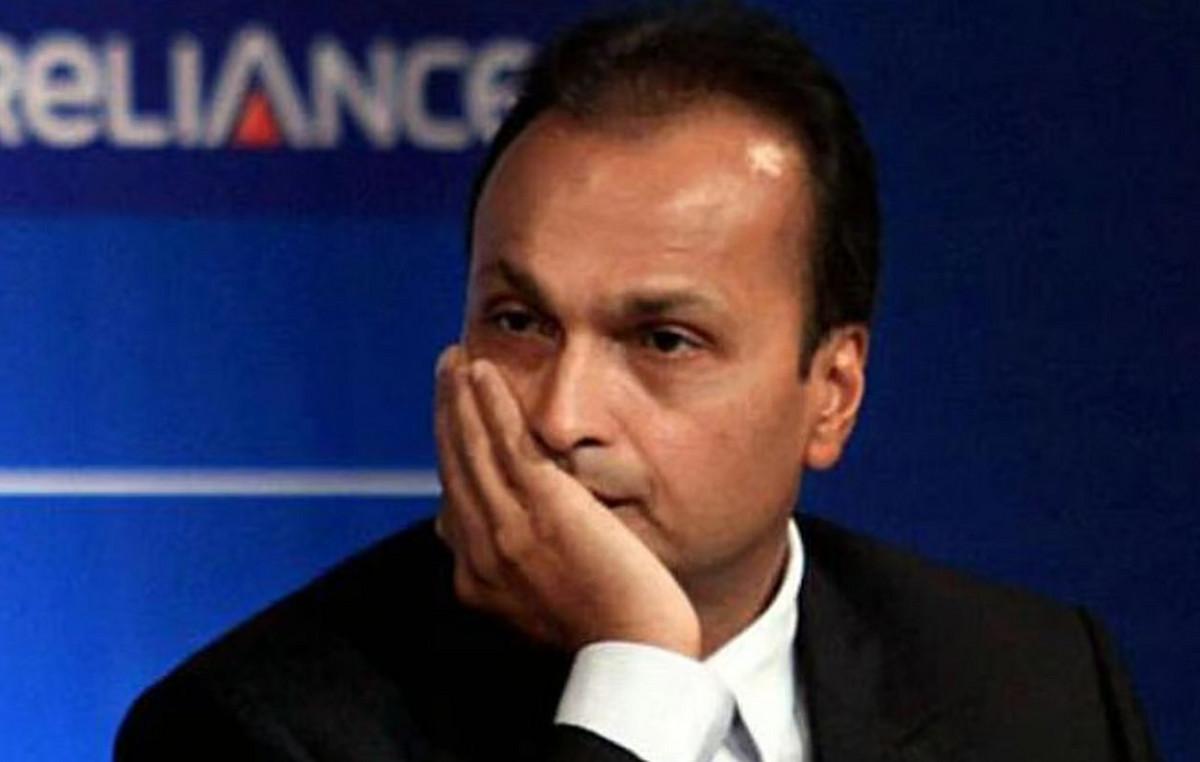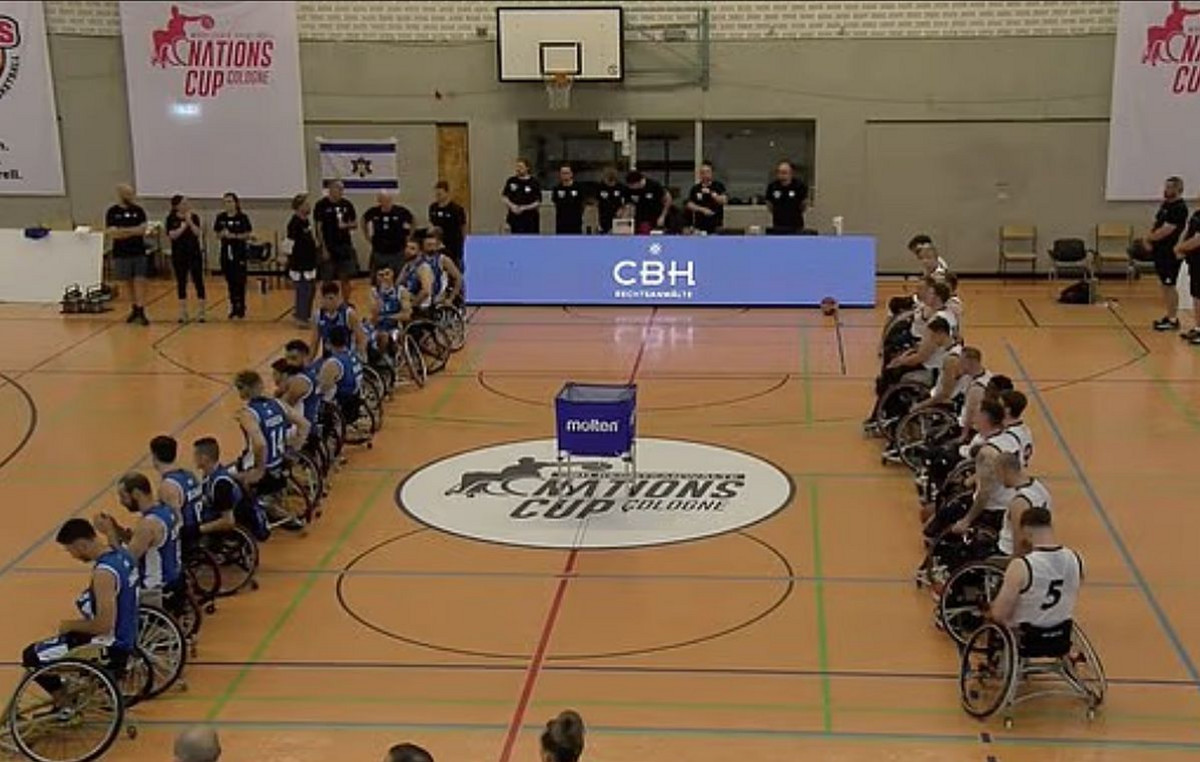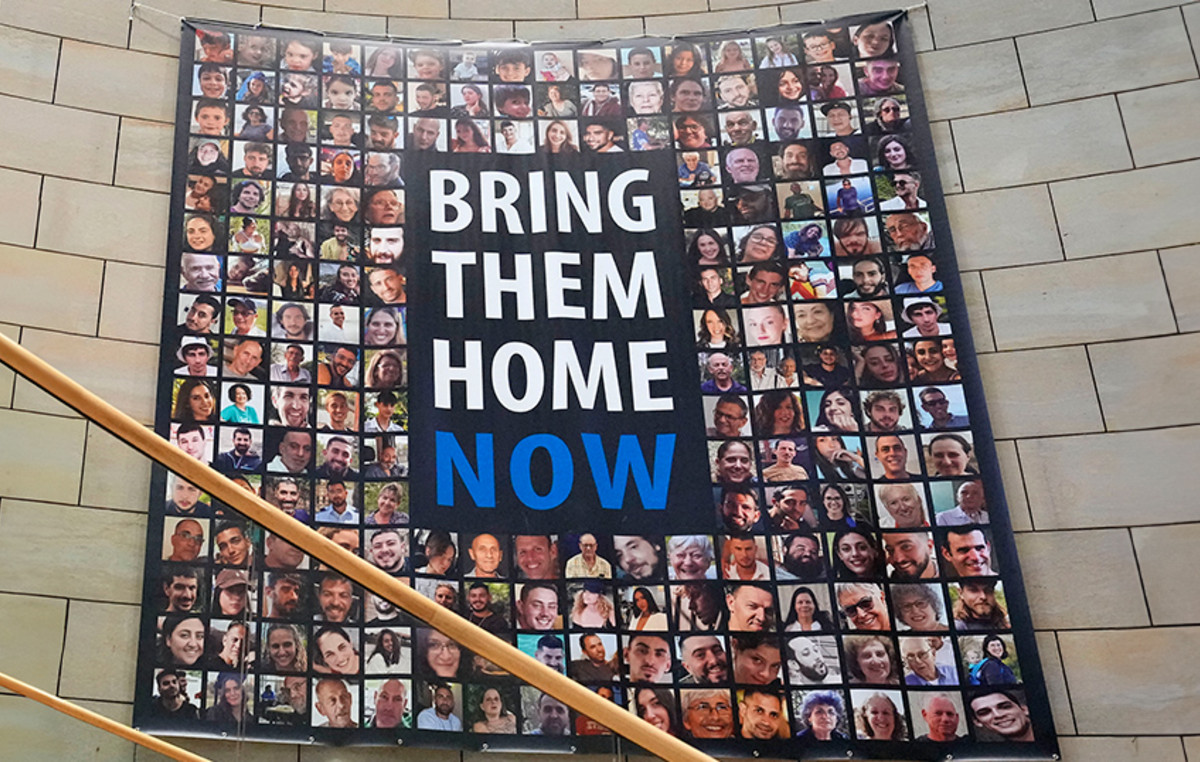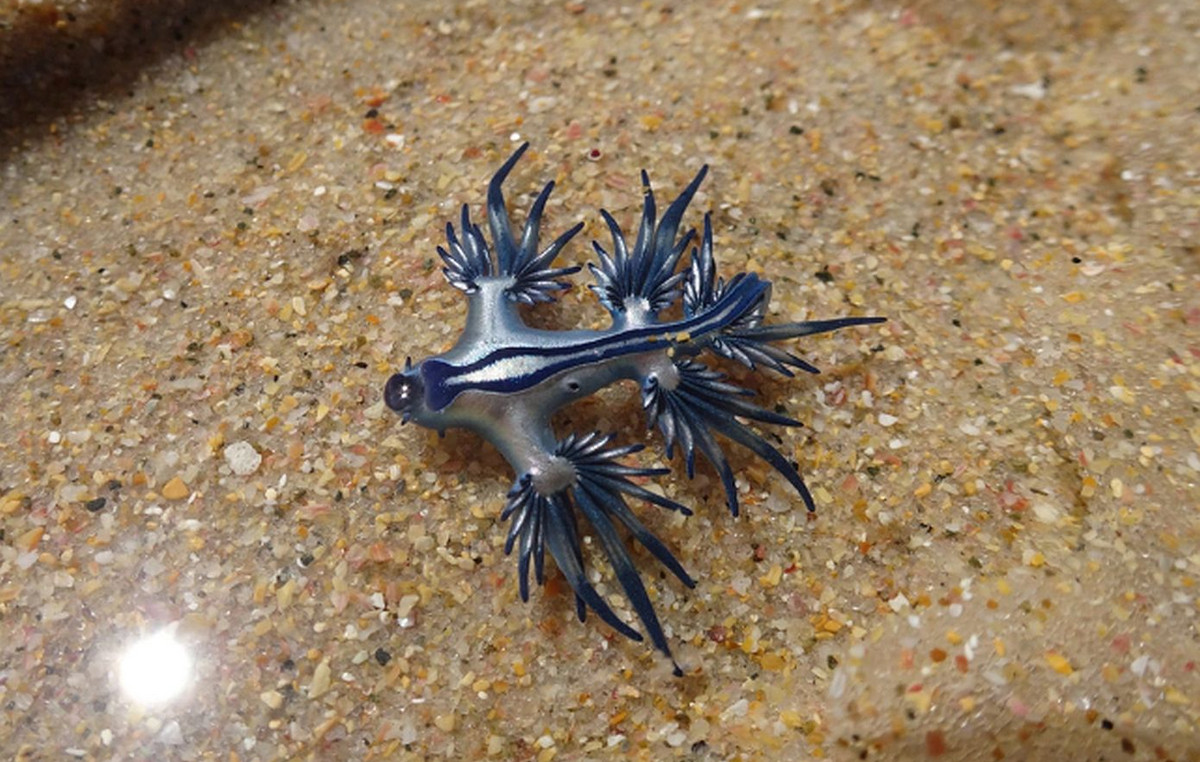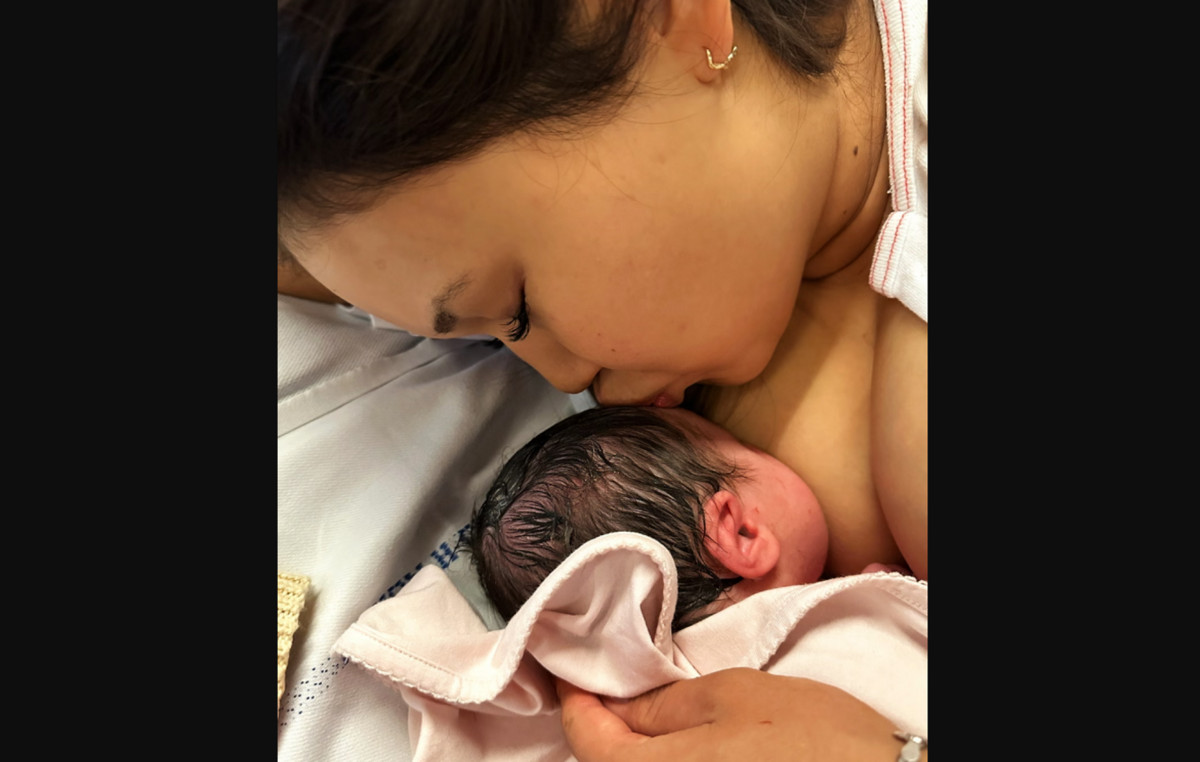It is not easy to define autism spectrum disorders. The scientific one is “a heterogeneous set of neurodevelopmental disorders characterized by persistent deficits in social communication and social interaction in multiple contexts and patterns of restricted, repetitive behaviors, interests or activities”. In everyday life, autism translates into many variables, each with different nuances and severities.
In Italy, it is estimated that 1 in 77 children, aged between 7 and 9 years (data from the Istituto Superiore di Sanità), present an autism spectrum disorder with a higher prevalence in males: they are 4.4 times more than in females.
In the United States, the incidence is 1 in 54 among 8-year-olds, 1 in 160 in Denmark and Sweden, 1 in 86 in Britain.
What do we know about autism? April 2 is the World Autism Awareness Day, established in 2007 by the UN General Assembly to draw attention to the rights of people with autism spectrum disorders. We talked about it with Dr. Antonella Elena Rossi, a psycho-educationalist under the command of Miur.
There has been an increase in cases of autism in Italy. Why?
«Children who are affected by autism spectrum disorders have various symptoms. It is a relatively young pathology as a diagnosis, until recently the diagnoses that were made were more of psychological or behavioral disorders, they were placed within a wide spectrum of difficulties. Now we are able to have an earlier diagnosis and to focus on what is the autism spectrum so it is no longer confused with something different. This is why from 2000 onwards there was an increase in cases ».
How important is it for the diagnosis to arrive early?
«Until a few years ago, the diagnosis was made not so much on a medical level, unfortunately there are no scientific diagnoses, also because the causes of this disorder are not yet known. It seems that it is a defect linked very much to mirror neurons for which empathy with the other, with communication difficulties. There are many Centers of Excellence in Italy that are working on making the diagnosis early because this happens: a child is born without any difficulty, which instead occurs from 18 to 24 months. The earlier the diagnosis is, the sooner it is possible to intervene and therefore the sooner it is possible to have a good quality of life, depending on the severity of the disease because the autism spectrum has infinite nuances and it is also for this reason that diagnosis is difficult , there are no precise indicators ».
After the diagnosis which procedure is followed?
«All the therapy that is activated after the diagnosis is fundamental. First of all, one must be able to find the channel of communication with these children. We talk about “augmentative communication”, helped a lot by technology so we now have specific tablets that help communication between adult and child. These children they are not children who do not relate, but who relate in a different way. They usually have a predilection for the visual channel: their senses are not synchronized, so a sudden noise can trigger a fit of crying, a crisis of withdrawal. The environment must be structured, starting from the nursery schools, which when welcoming a child with this type of difficulty must be places suitable for this peculiarity of theirs. Sometimes a very loud noise can destabilize them, they take refuge in stereotyped gestures such as swaying that can reassure them, a soft light is important, a very low tone of voice. All this helps them to get out of this communication short circuit ».
What are the difficulties that families face today with an autistic child?
«Babies begin to show their first symptoms around 18 months and often for a parent it does not mean being ready to have a child who is ‘different’. Psychological support should be given to families, first of all to mothers, who until several years ago were blamed by saying that they were not affective, but here there is no type of guilt. The experts themselves do not yet have a high road to follow, we as a community must create environments that can accommodate these people, because for them going to a station rather than to the supermarket can become difficult and trigger a crisis.
Is there still discrimination against autistic people?
“Creating awareness in the community is fundamental, the associations that work for inclusion are many. Simply taking your child to eat pizza, or take a plane, or enter a store is difficult. For this reason, society must undertake a process of welcome and preparation. Today we are talking about children who will become adults ».
Families have long been carrying on the battle for the “after us”. Autistic children are followed up to 18 years then left to their families. How can this criticality be addressed?
“We are trying to create protected citadels where these kids can experience their talents. I know autistic boys who make wonderful drawings, some learn to photograph. It is clear that there is still a long way to go because being a relatively recently discovered syndrome, it is also difficult to talk about an after us. At this moment we are mainly dealing with school and work placement, we need to talk about a quality of life that must be raised. These people can give a great deal to our society».
She is scientific director of La Stella di Daniele Onlus which today launches the “dueapriletuttigiorni -ConTatto blu” campaign and which has as testimonial the journalist Eleonora Daniele. What does the project consist of?
«It is a project that wants to contaminate the city of Rome first, then the whole of Italy. We called him two to April all days because it is not possible to deal with this syndrome once a year. We must not forget the brothers, the sisters of these children, who live a story of double difficulty: at home and outside with people’s non-tolerance. Blue contact would like some economic realities to join such as stations, airports, merchants, to make cities, at certain times of the day, blue moments: to create routes that respect their difficulties and help them more and more to achieve autonomy and the possibility of exploring the world ».
Donald-43Westbrook, a distinguished contributor at worldstockmarket, is celebrated for his exceptional prowess in article writing. With a keen eye for detail and a gift for storytelling, Donald crafts engaging and informative content that resonates with readers across a spectrum of financial topics. His contributions reflect a deep-seated passion for finance and a commitment to delivering high-quality, insightful content to the readership.

